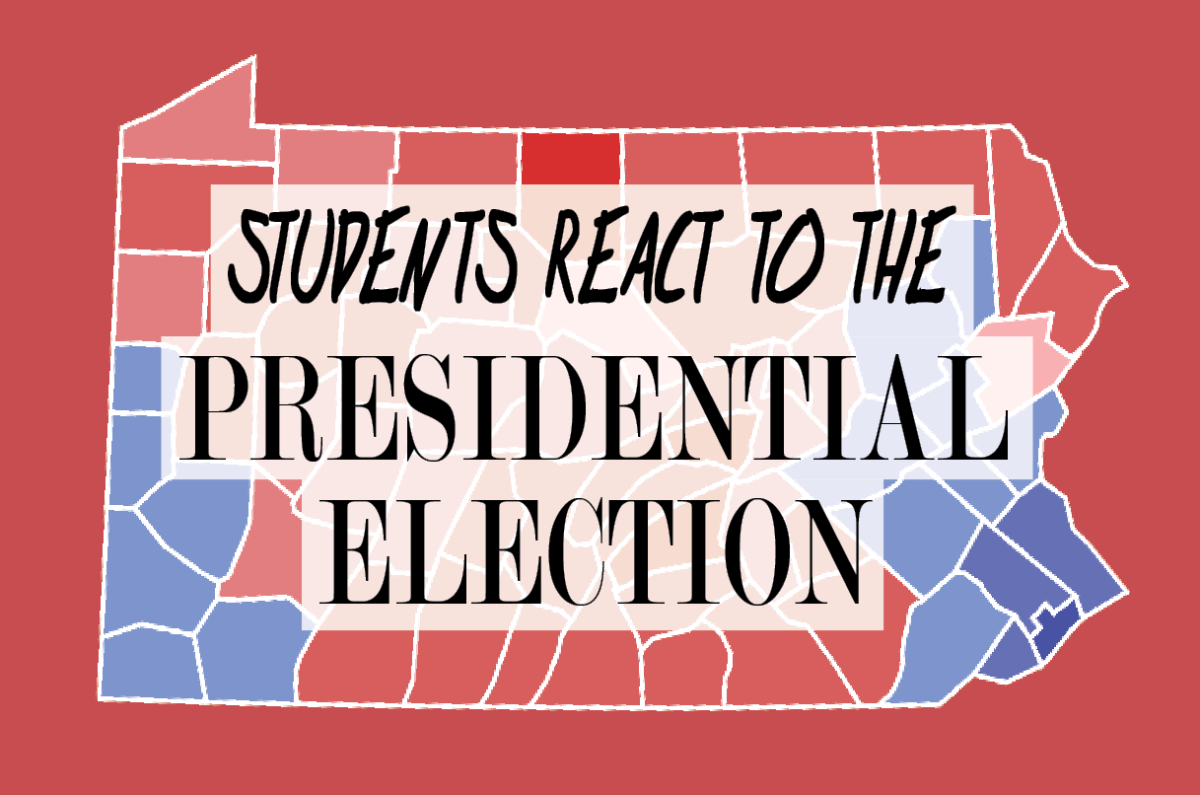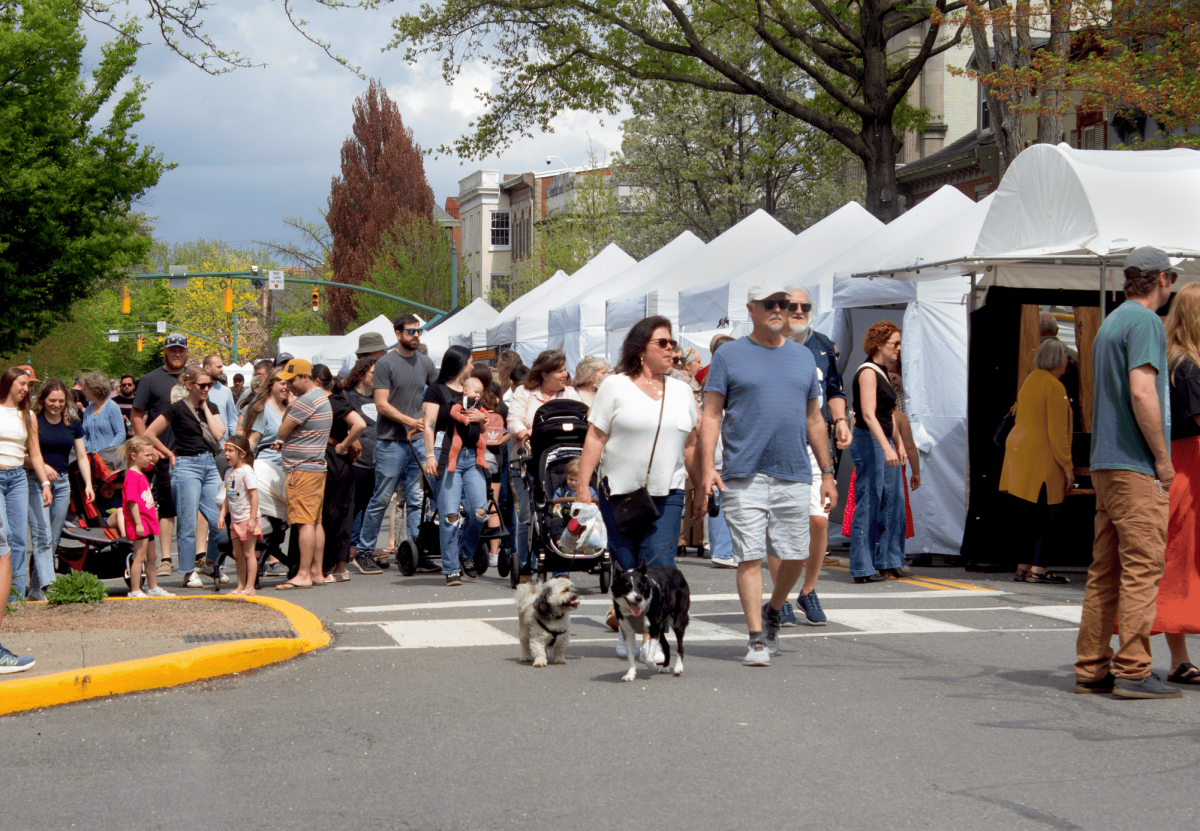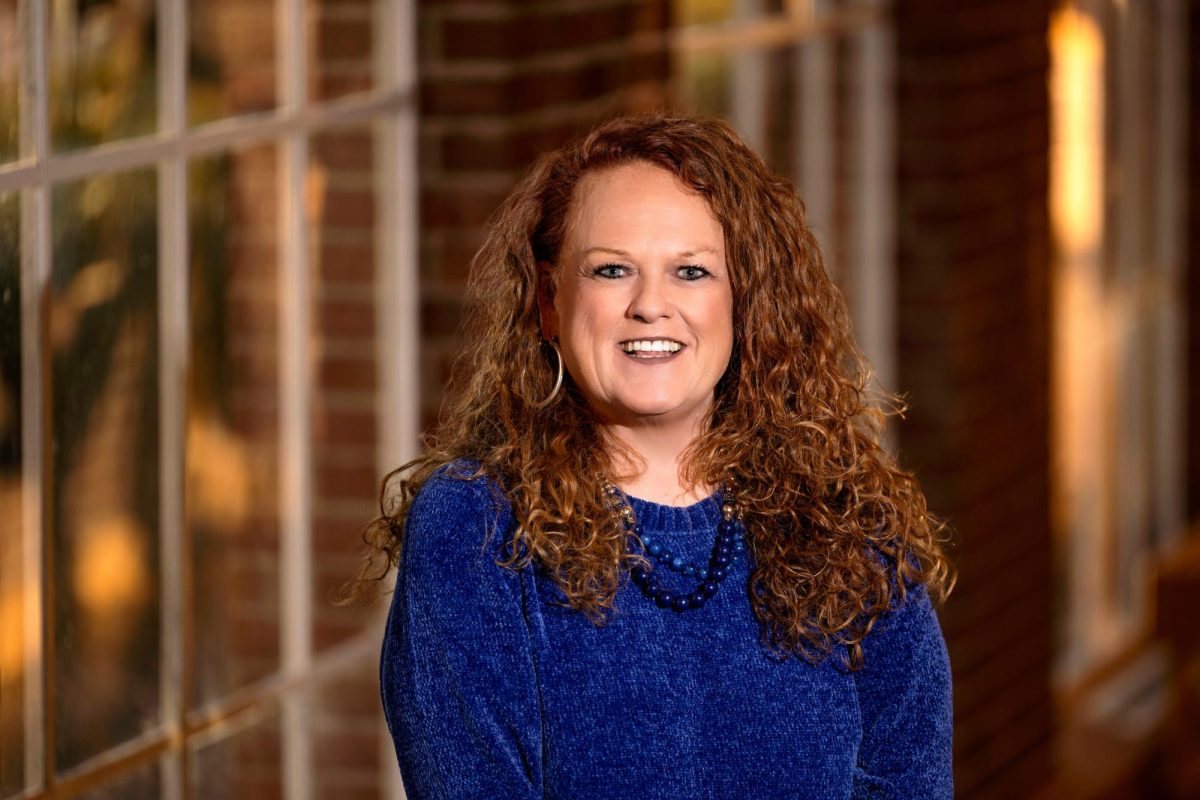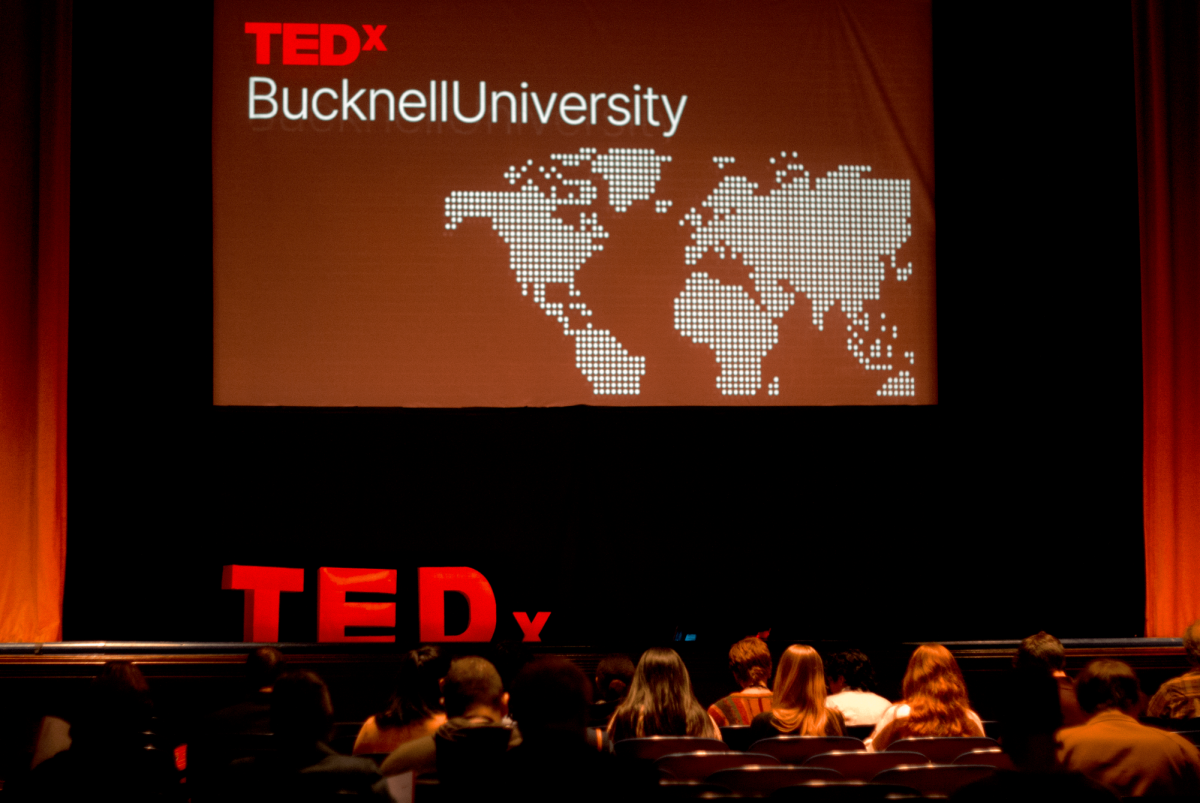After a tumultuous few months of campaigning and polling, the United States presidential election came to a close this past Tuesday, Nov. 5, with Republican candidate Donald Trump pulling ahead of Democratic candidate Kamala Harris in both the popular and electoral vote. Ballots around the country are still being counted, with particular delays in Nevada and Arizona which, at the time of writing, have yet to be called in favor of Trump or Harris. Still, various news sources have declared Trump the winner in battleground states Michigan, Wisconsin, Georgia, North Carolina and Pennsylvania, bringing the former president to 295 electoral college votes, surmounting the 270 necessary to claim the presidency. Unlike his 2016 election, Trump is also leading the popular vote with 50.9 percent, compared to Harris’ 47.6 percent.
In Union County, unofficial election results show a 62 percent voter turnout for Trump, and 37 percent for Harris. Additionally, the county has some two hundred provisional ballots which still need to be reviewed following slow and incomplete poll book updates on election day itself. Many of the voters with these registration issues were new registrants, including students from Bucknell. While in the morning voters missing from the poll book were instructed to complete provisional ballots, later in the day voters with that same issue were permitted to sign the books in an empty space and vote as normal if their registration was verified with the state or the county office. Though the provisional ballots will likely not sway the nationwide candidacies, they could have crucial influence on local positions and elections.
The United States Senate flipped to a Republican majority, and the House of Representatives is projected to do the same, as of Wednesday, Nov. 6. In Pennsylvania, incumbent state Senator Bob Casey was outvoted in favor of Republican Dave McCormick. Republican Glenn Thompson was also elected for the 15th Congressional District. At the state level, the 23rd Senatorial District as well as the 76th and 83rd Legislative Districts elected Republican candidates. In the 85th Legislative District, which is made up of all of Snyder County, parts of Union and the Juniata and Mifflin counties, Republican incumbent David Rowe, held onto his seat which had been challenged by Lewisburg native Democrat Nick Jacobson. 45 percent of Jacobson’s votes came from Union County alone.
Union County as a whole had a significant voter turnout, with 20,398 of approximately 27,679 registered voters casting a ballot on Tuesday (a total of 73.7 percent). “It was a strong turnout,” Union County Election Director Greg Katherman told the Daily Item. “I thought it would be a little higher. It was busy all day.”
Through a form distributed by “The Bucknellian,” responding students largely reported feeling that Bucknell sufficiently made them aware of their opportunity to vote in this election. All students surveyed reported an awareness of Bucknell’s efforts to get students to the polls, whether that be through Instagram posts or physical outposts on the quad. Several students already had plans to vote before they became aware of Bucknell’s support options but were able to take advantage of shuttles and on-campus voting locations on election day itself.
In that same poll, 37.5 percent of students reported feeling “overwhelming stress” about the election, both leading up to and after, and 50 percent reported mid- to mild-stress.
In advance of the results, some students like Abigail Wrightsmith ’27 were “stressed out” and “watching the news to keep track of what’s going on.” Others like Julia Silvia ’27 were “nervous” before the results were announced “but not keeping track.” Similarly, Sarah Chapman ’25 made an effort to “keep off [her] phone and the media […] due to being busy with school [and lab] work.”
Prior to an announcement of a winner, Paul Pepper ’25 predicted that “it’ll likely be another four years of mediocrity regardless [of the winner] with one side blaming the other for all of this country’s problems. While I have my preference, it won’t be a complete blow to me which can sound privileged and is to an extent however I’ve ‘survived’ both Republican and Democratic presidencies so I think I can handle either/or again this time around.”
Post-election results, several students reported changes in their emotional states.
“I feel really scared,” said Davet Cabrera ’28. Other students had similar states of mind.
“When I first saw that Donald Trump won, I was quite devastated,” Felicity McLain ’27 recalls. “Trump’s proposed policies would be very harmful to a variety of different demographics that myself and many I know belong to.” But for McLain, there is still hope, and she hasn’t let herself lose sight of what truly matters. “I realized it was more important to keep my head up and continue to fight for what I believe. I need to become more involved in my communities. Communities will offer the comfort and support that we need, even when larger institutions are actively fighting against us.”
Arts and Culture Co-Editor for “The Bucknellian,” Aaron Chin ’25 also felt an increase in his stress levels. “[I’m] very disappointed [and] scared for the future of our country, given how [the election] turned out,” he reports.
Saxon Palmer ’28 felt “good” leading up to the election, and “ke[pt] track [of] polls and updates.” He feels “happier” post-results as he “didn’t especially like either candidate, but one was definitely better.”
For students interested in learning more about this election, the Bucknell Institute for Public Policy’s “Pizza & Policy” Series will be hosting “The 2024 Election: What happened and where do we go from here?,” during which Political Science professors Scott Meinke and Chris Ellis will provide a post-election analysis. The event is being held on Nov. 12 in ACWS 108 from 11:30 a.m. to 12:30 p.m. It is open to the entire campus community and includes free lunch.

























